This is because both alcohol and THC, the active psychoactive compound in cannabis, are two different kinds of substances. Still, this is a pretty common combination that people try in an attempt to enhance the effects of both substances. You should be careful about drinking alcohol before smoking weed or ingesting THC in another form. Be mindful of your tolerance for both substances and how much alcohol you consume. If weed use does slow down the increase in blood alcohol levels, this may cause people to drink more than usual. In turn, this could increase risky behavior and the likelihood of alcohol poisoning.
- About 13,000 people died in alcohol-related traffic accidents nationwide last year.
- By combining cannabis and alcohol together on a frequent basis there is an increased likelihood of developing a serious mental health illness.
- Combining weed and alcohol can increase the effects of both drugs and cause adverse reactions.
- It’s also necessary to be aware of safe consumption levels for each substance and avoid exceeding them.
- Combining alcohol and weed can harm your body, causing higher heart rate, blood pressure, and dehydration.
Tamiflu and health-related interactions
In a small clinical study that was conducted in 2015, researchers studied the effects of combining alcohol with THC. Studies suggest that people who consume marijuana and alcohol simultaneously generally consume is baclofen addicting more of both. As a result, consumers should be aware of the effects of alcohol abuse such as alcohol poisoning, and the signs to look out for in the case of severe intoxication.
Weed before alcohol: Assume you’ve had an extra drink or two
This is part of our ongoing commitment to ensure FHE Health is trusted as a leader in mental health and addiction care. Oliver is a cannabis enthusiast who loves to write about medical as well as recreational topics to help patients and casual users get the most out of their experience with cannabis. To help you out, here are eight food items that can enhance the effect of marijuana.
Mixing weed and alcohol: the good, the bad and the ugly
The wellness industry has seen a surge in innovative products aimed at improving physical and mental health, and one such product making waves is weed gummies. These flavorful, chewy treats offer a discreet and convenient way to consume cannabis, providing numerous… Overall, is ambien better than xanax for sleep not enough research has been done to completely confirm the correlation of these effects. Low amounts of alcohol can cause both feelings of drowsiness and euphoria along with other effects including changes in mood, lowered inhibitions, and an increase in impulsive behaviour.
But there are a lot of variables to consider, including which one you use first and how you consume them. Data from the 2005 and 2010 National Alcohol Survey show that people mixing marijuana and alcohol experienced triple the rate of negative social consequences and double the rate of self-harm than those who just drank. Both alcohol and marijuana slow reaction time, impair coordination and concentration, and reduce decision-making abilities — and the drugs cause greater impairment when used together.
Consuming weed and alcohol together is common, especially among young adults and college students. The order in which people take the two substances may affect the experience and, if not taken responsibly, could also increase the risk of overconsumption. While crossfading refers to mixing alcohol and marijuana at the same time, there can be a reason to consume them separately at separate famous fetal alcohol syndrome times. If you drink enough alcohol, you’re likely to feel the effects of a hangover the next day. Smoking weed during a hangover is anecdotally known to possibly have the relieving effects of reducing feelings of anxiety, nausea, or general pain. One reason it’s important to keep an eye on crossfading is that once you’re there, it can be difficult to become un-cross faded.
Signs of a negative reaction to marijuana, known as a greenout, include coughing fits, anxiety, chest and lung discomfort, panic attacks, fainting, and an increased heart rate. If you drink alcohol before using marijuana, the active ingredient in alcohol (ethanol) can cause more THC to reach the brain because alcohol widens the blood vessels. The size of the study makes it difficult to draw any firm conclusions, and a few other studies have failed to duplicate these results.
These studies are mostly pre-2000 and include small numbers of participants, but they may provide some preliminary insight into how mixing weed and alcohol at different times affects the side effects. In addition, evidence has suggested that marijuana can change how alcohol is metabolized in the body. It’s believed to delay the absorption of alcohol, slowing the subsequent rise in blood alcohol levels. This can also lead to alcohol poisoning because, with slowed absorption, it takes longer to feel the effects of the alcohol, which may lead to drinking larger quantities. The potency of either substance can also impact the level of alcohol and weed concentration in your blood.8 For instance, a beer has lower alcohol per volume and you tend to drink it more slowly than a shot. Your body, therefore, absorbs it more slowly, leading to lower blood alcohol levels.
Combining alcohol and cannabis can increase both substances’ potency and subjective effects, so take your time, exercise caution, and always consume responsibly. There is a substantial body of research examining the efficacy of pharmacotherapy and behavioral treatments for alcohol [84–88] or cannabis use disorders [78, 89–92]. To date, however, there is little research evaluating the efficacy of interventions specifically for the co-use of cannabis and alcohol. Generally, higher levels of consumption or an increase in consumption of one substance is related to higher levels of or an increase in use of the other substance.
Researchers have found that heavy weed users who drink alcohol have worse cognitive functioning than people who only consume alcohol. Yes, you can experience both alcohol intoxication and the effects of marijuana at the same time, which is called being “crossfaded.” This can lead to increased impairment, affecting your judgment and coordination. It’s important to be cautious and mindful of how mixing alcohol and marijuana can impact your well-being. Frequent consumers should be mindful of the increased risk of dependence or drug abuse if they cross-fade too often as they may find they need higher doses of THC to achieve the same effect.
If you find that smoking weed starts to affect your life in unhealthy ways and leads to unwanted consequences, those are signs you might be developing an addiction and should seek medical care. While smoking weed and then drinking alcohol may slow down alcohol’s effects, drinking alcohol and then smoking weed can cause the opposite reaction—alcohol can intensify weed’s effect and lead to a stronger high. Particularly among those who don’t use marijuana on a regular basis, drinking and then smoking weed can cause intense symptoms such as nausea, sweating and dizziness.
Stopping alcohol where there is a dependence can not only be dangerous but can become life threatening. Stopping cannabis or weed where there is a dependence is not life threatening unless psychosis is present. Cannabis withdrawal symptoms can be very unpleasant and difficult to tolerate. If you are smoking weed and drinking at the same time, there are some dangers that you are perhaps not aware of. Both weed and alcohol can carry a potential for misuse and addiction, but this appears to be more common with alcohol.
Additionally, combining the two can increase the risk of potentially harmful or distressing side effects, such as dizziness, nausea, and impaired judgment. As the cannabis industry continues to grow, there has been a rise in the popularity of infused beverages, which offer a unique and potentially safer way to consume both weed and alcohol (or CBD and alcohol). Despite its popularity and social ubiquity, drinking alcohol comes at a cost. And it’s not just financial costs either; alcohol-related impaired driving leads to more than 10,000 deaths yearly, or one person every 39 minutes, according to the National Highway Traffic Safety Administration.


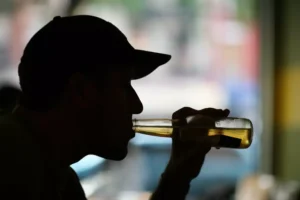
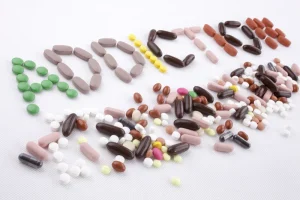



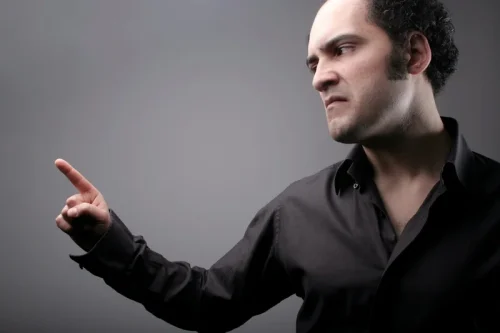
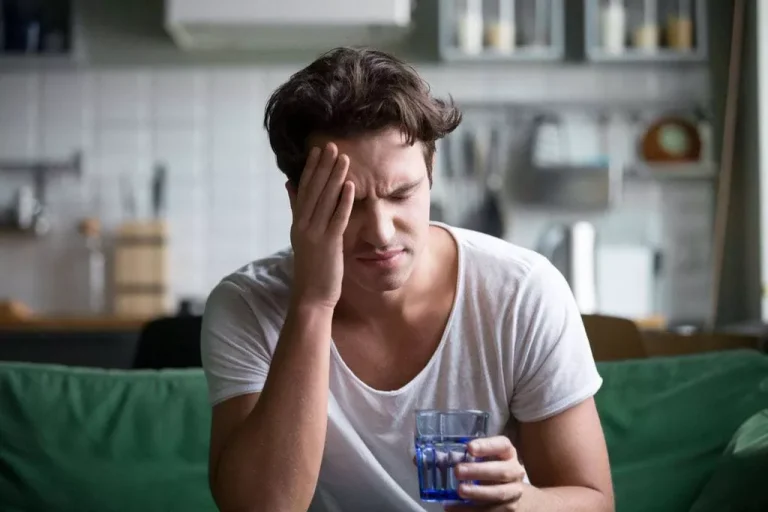
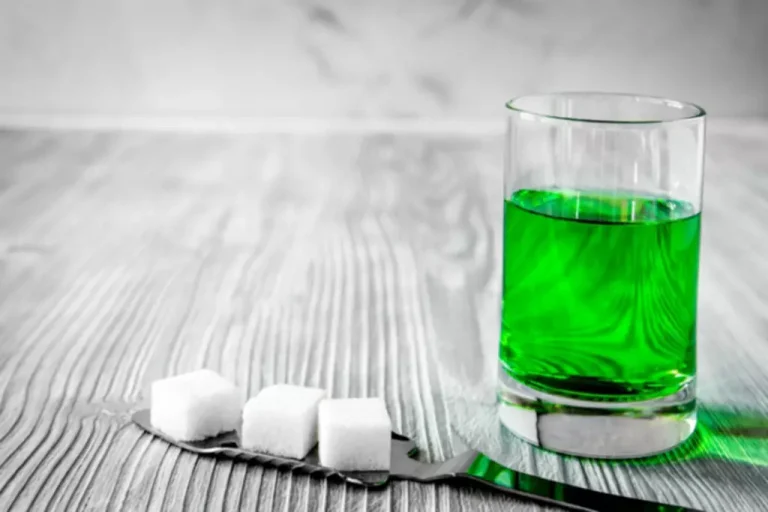
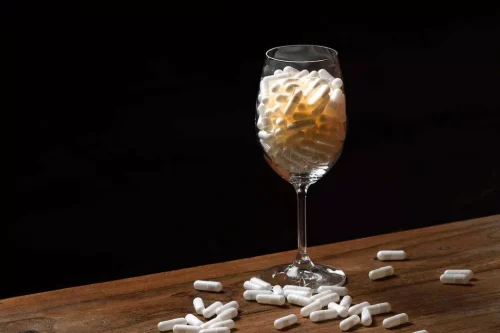
Recent Comments